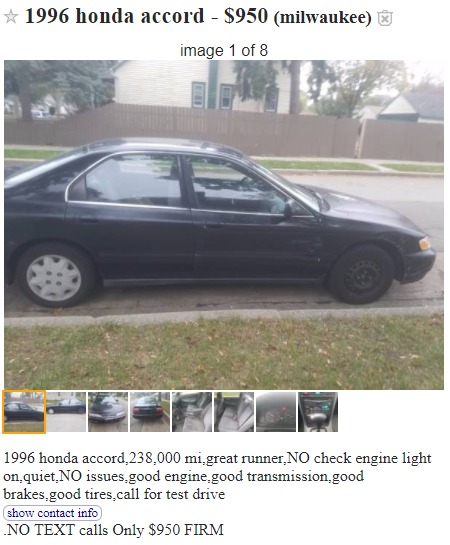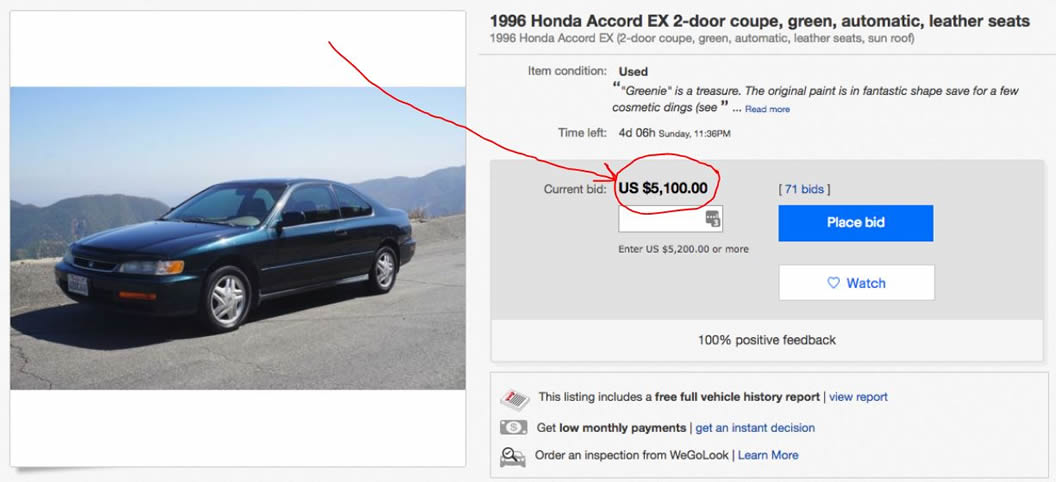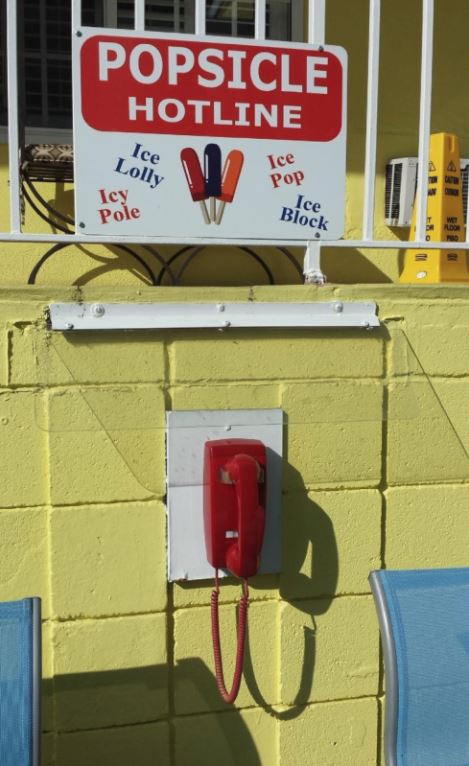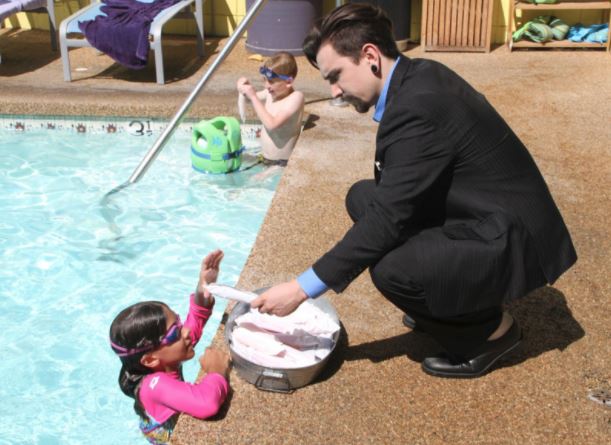Blue Magnet Interactive is honored to have our hospitality digital marketing blog named one of the Top 25 Essential Hospitality Blogs by ManagerSkills.org. Our team has worked hard over the past ten years to craft a unique voice for our writing, so it is exciting to see our work recognized in various publications such as this. It is an affirmation of our progress to further differentiate our company from the sea of other agencies, all purporting to offer the same digital marketing insights. Fortunately, there is an excellent, guiding question that we can now ask ourselves to keep us forever striving for that unique voice:
If the label fell off…would people know it was you?
It was a question content marketer and best-selling author Ann Handley posed to her audience as keynote speaker at Chicago’s 2017 Digital Summit, where she extolled on the virtues of being a bigger, bolder, braver brand. A unique voice makes a successful brand, she asserted–it takes an ordinary product and surrounds it with an emotional connection. It creates value.
The question is simple but powerful: are you unique or are you a clone? Are you recognizable for what you are rather than what you call yourself?
The answer defines an individual. It defines an agency. It defines a client. And, most importantly, the way you answer that question dictates whether you are selling your brand or a commodity.
If you are the mathematical type, bestselling author and brand marketer Bernadette Jiwa has this simple formula for defining the elements of a brand versus a commodity:
[Product] – [Meaning] = Commodity
[Product] + [Meaning] = Brand
“Meaning” is the only difference in those two equations, and it comes from the unique voice that businesses should infuse throughout every aspect of their brand.
Going Beyond The Kelley Blue Book Value
To understand the difference that giving your brand a voice can have, consider the used 1996 Honda Accord.
The Kelley Blue Book assesses a value of approximately $1,500 to a used 1996 Honda Accord in excellent condition. That is the value of this commodity, according to the market. Everyone who is selling a used 1996 Honda Accord in excellent condition knows the market has valued that block of metal at around $1,500. It’s a product without meaning, defined only by its spec sheet, and totally devoid of personality, as one can clearly see from this basic ad on Craigslist:

The ad briefly lists the technical specs of the vehicle, the asking price, and contact info. As a buyer, you have a clear idea what you are getting: a used car worth around $950. This digital classified ad keeps emotion in check and simply delivers the basic facts.
But consider what it sounds like when meaning is attached to this same 11-year-old commodity:
This commercial is not just selling a used car–it is selling an experience. It is selling luxury as a state of mind. The commercial wraps the otherwise stale commodity from 1996 with a unique story, and, in doing so, creates a compelling emotional appeal. This homemade commercial did what any successful brand does in selling their product: it assigns a unique voice to an otherwise nondescript product.
As a result, offers for the 1996 Honda Accord have reached upwards of $5,100, a price that is almost 3.5 times the Kelley Blue Book value.

Giving a brand a unique voice is not an exciting or novel concept, but many business don’t place nearly as much stock in the idea as they should. That is surprising when you consider the benefits of being a brand over a commodity: unique brands are perceived as more valuable; brands can ask for higher prices for their products or services; respected brands grow organically through word of mouth; and strong brands foster fierce customer loyalty. The voice of a brand creates its meaning, and, ultimately, it’s value.
Just Another Place To Sleep
Like any business, hotels struggle to find this unique voice as well. What makes your hotel stand apart from the rest? Is your property simply a place to stay for the night? If that is all your hotel is to its guests it will have a difficult time competing for the attention of travelers, particularly with other, cheaper lodging options in town. If your property is nothing more than a place to sleep, how does your hotel compete with Airbnb? A motel? Or the hundreds of other brands offering the exact same product as yours? The voice of your hotel is what can separate it from every other place with a vacancy sign.
Calling the Popsicle Hotline
Creating a unique voice doesn’t have to be time intensive or expensive. Surely the creator of the 1996 Honda Accord commercial invested many an hour towards that effort, but that is not required to bestow your brand with personality. It just has to be big, bold, and brave, as Ann Handley would say.
Take The Magic Castle Hotel in Los Angeles, for example. Marketer Michael Barber of Barber & Hewitt brought this hotel into the spotlight at his keynote speech during the 2017 Digital Summit conference for its efforts to elevate its family-friendly customer service above the rest.
The Magic Castle Hotel in Los Angeles is a 3 ½ star hotel with a bright yellow facade and a modest outdoor pool. And, true to its name, the entrance looks like a castle, as you may have guessed. There is nothing particularly remarkable about this hotel at first glance, unless you run with the Medieval Times or Renaissance fair crowds.
On the other hand, it is the only hotel I have ever seen with a Popsicle Hotline. Another hot, sunny day in Los Angeles and your poor little kid’s throat is parched. Just pick up the Commissioner Gordon-inspired red, poolside emergency phone and dial the hotel’s Popsicle Hotline.

In two shakes of a lamb’s tail, a member of the hotel staff, dressed in a suit and carrying a metal tray, will hand-deliver frozen, sugary, flavored water to your kids as they splash about in the pool.

And families love it. The hotel is currently ranked in TripAdvisor as the second best hotel in Los Angeles based on customer reviews, sandwiched right between two 5-star hotels.
This feature is merely a phone next to a pool with a sign advertising popsicles. It does not get much simpler than that. It is not a huge cost to install. It does not take a lot of time to execute. But even more important than that, this unique idea is really just an extension of this hotel’s overarching voice: we treat all our customers like royalty, even down to the tiniest of guests. Not many hotels offer this kind of white glove service to kids. And while kids may not be paying the bills, happy kids make for happy parents, who are paying those bills.
This voice permeates their entire operation. It is clear that families don’t just get this kind of treatment through the Popsicle Hotline, as the hotel’s TripAdvisor reviews are littered with comments about how well this hotel treats every member of each family. Yes, it takes some time and thought to find the right voice, but I’d venture to say that this hotel’s #2 rank in TripAdvisor for the competitive market of Los Angeles is paying dividends off this simple, yet effective idea.
A Unique Voice Converts Site Visitors Into Customers
Digital marketing is designed to help get eyes on your brand. SEO, PPC advertising, email marketing and other digital efforts will help to target, track, and drive visitors to your site, but whether or not those visitors convert to customers is largely dependent upon your brand’s ability to tell its unique story. After all, no amount of marketing will turn a crappy or stale product into a good one, so businesses should spend time defining their voice before they even consider marketing it.
In the end, if your hotel is merely perceived as a commodity, the customer will be better served going to an OTA and simply shopping for the lowest priced accommodation, rather than visiting your hotel website. Digital marketing for hotels will always be important, but in order for it to truly be effective, hoteliers must first focus on developing and improving their brand and its unique voice. Once found, that bigger, bolder, braver voice should be showcased throughout the copy of your website, it should shape the way in which you engage with your social media communities, it should guide your staff’s interaction with guests, and it should set the standard for how your company as a whole should project its image to the rest of the world.
So ask yourself: Does your hotel need its label, or will customers recognize your property for the voice it asserts and the value it creates? The answer will tell you whether your digital marketing will be an uphill battle promoting a commodity or simply an amplification of your unique voice. Today we may be just one of the Top 25 Essential Hospitality Blogs, but we will continue to make Blue Magnet bigger, bolder, and braver until we are the Most Essential Hospitality Blog.
If you would like to use your brand’s voice to drive stronger conversions through your hotel’s digital marketing efforts, please Contact us for proven solutions.




